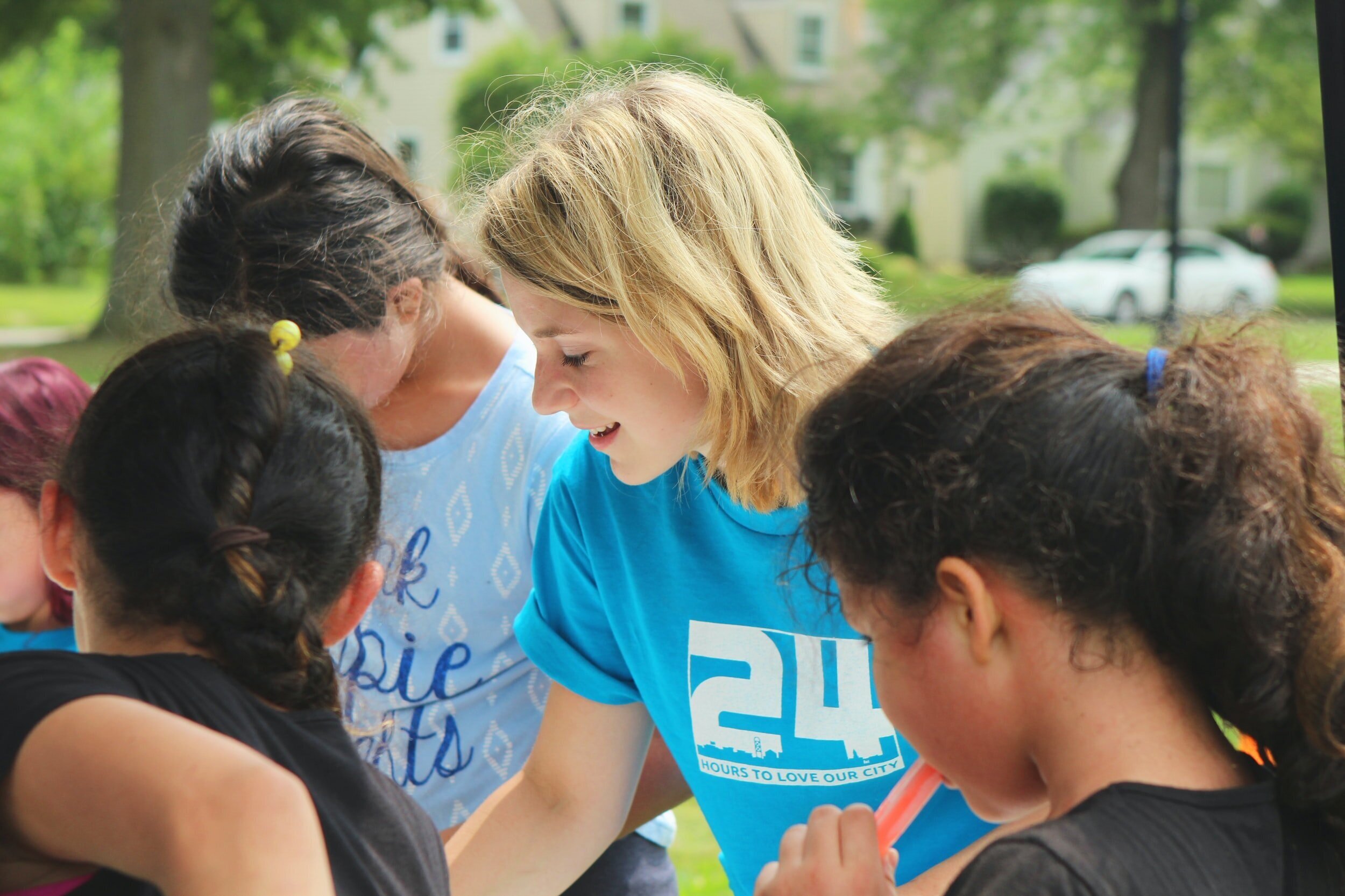Want to Volunteer While Studying? Here's How To Do It
Volunteering comes with a lot of benefits. Volunteering while studying is a great way to learn about your professional field, expand your network and give you some experience. Figuring out where to volunteer and how to manage the extra responsibilities can take a little time, but the payoff is huge.
Where to Volunteer
Figuring out where to volunteer is the first challenge you come across. Perhaps for the first time in your adult life, you have the opportunity to do whatever you want with your spare time. Almost every organization can use volunteers, the first step is to figure out what you want to do.
Virtual Volunteering
Over the past decade, there has been an increase in volunteer opportunities that can be done virtually. These are great for people who have gifts in data entry, website design or other behind-the-scenes areas. You can ask about these specifically within the organization you want to volunteer with or you can search websites like Volunteer Match to find opportunities.
Volunteer with Veteran Organizations
There is no shortage of veteran organizations that need volunteers. Some of these commitments are small and some large. When approaching a veteran organization, do a quick check to see what sort of events they put on and where their money goes. Organizations like Team RWB and Team Rubicon are great places to get started, as they both focus on connecting veterans with their community.
Local Community Support
Another great option is a small, local organization like a local food bank, homeless shelter or even a local school. Think about the places you spend your time or want to spend more time. Maybe there is a local sports team you can coach or an organization that spends time outside that you can plug into.
Balance Volunteering and Studying
Adding something else to your already busy schedule can feel overwhelming, but if it's important to you to volunteer while studying, then it's worth finding the time to make it happen.
How Much Time Do You Have?
Before you commit to anything, make sure you have a very clear picture of how much time it requires. Compare this with how much time you have available to commit. If it's a good fit, check any deadlines you may have -- for school, for your family and volunteering -- and then go for it. Schedule your commitments in your calendar and keep track of everything.
Why is Volunteering Good for Students?
Spending your "free time" on something outside of your family and friends can feel like a huge commitment, but most people do not regret volunteering. Just over 25% of college students volunteer, and it gives them many benefits. Benefits include an increase in mental health and a decrease in depression, according to a 2018 study from the National Institutes of Health.
How to Avoid Burnout
Just as it's beneficial to add volunteering to your schedule, too much of a good thing can be dangerous. Avoiding burnout is important, especially when you're focused on managing the stress of studying and probably working to reduce any student debt.
The Benefits of Volunteering
Volunteering can give you a leg up on the competition when you begin your job search. Not only are you actively developing your network, but you're showing the ability to perform the skills you need for the job.
You can, and you should, include relevant volunteer work on your resume and applications going forward. The people you volunteer with can serve as references and will be able to help paint the picture of your experience in your field.
When managed correctly, there's no downside to volunteering while studying.

